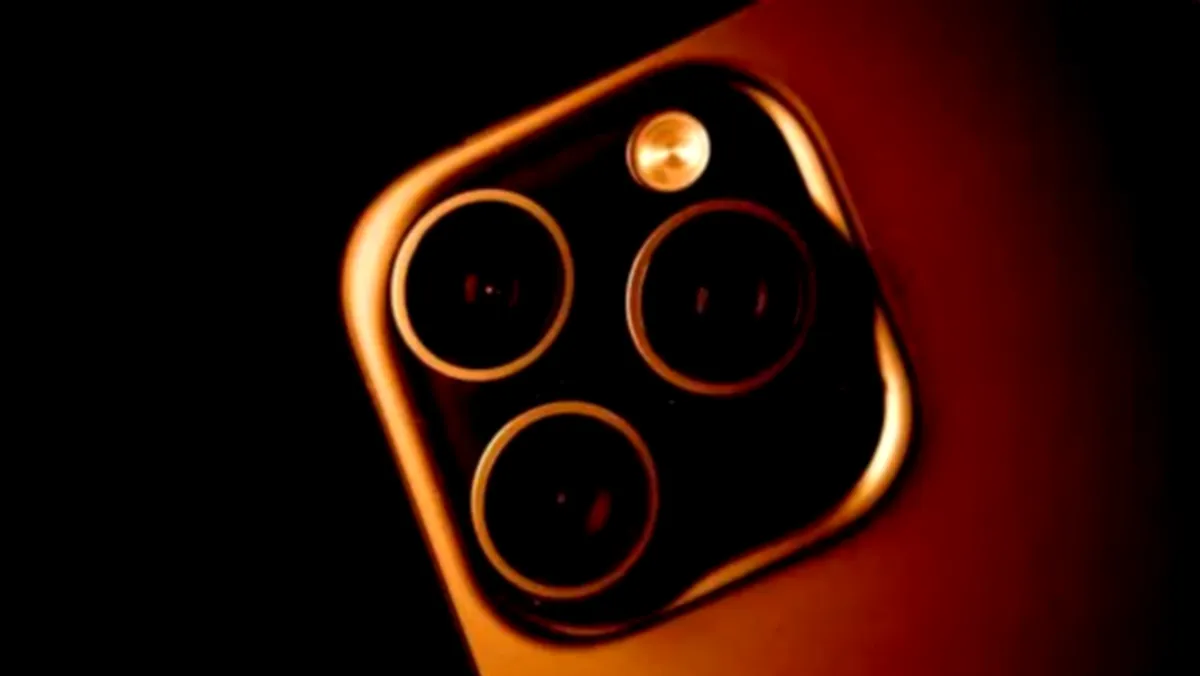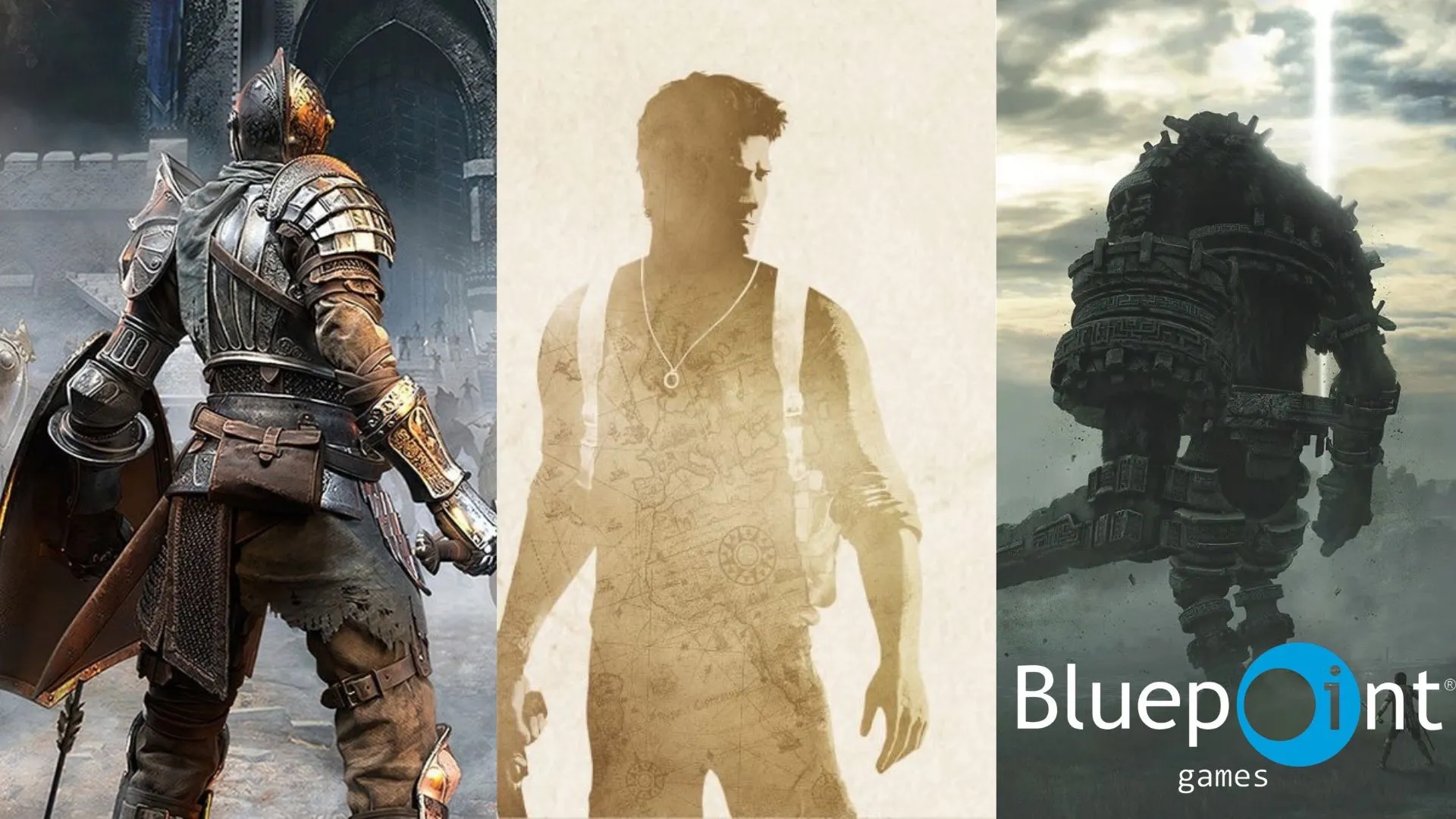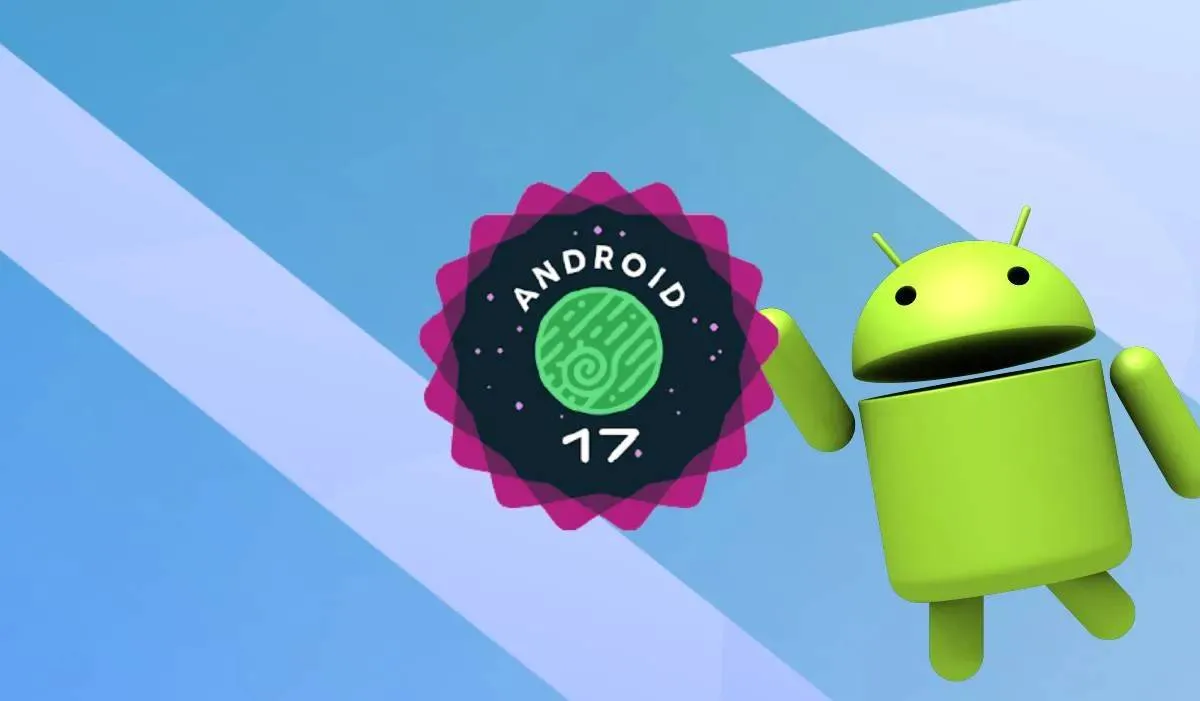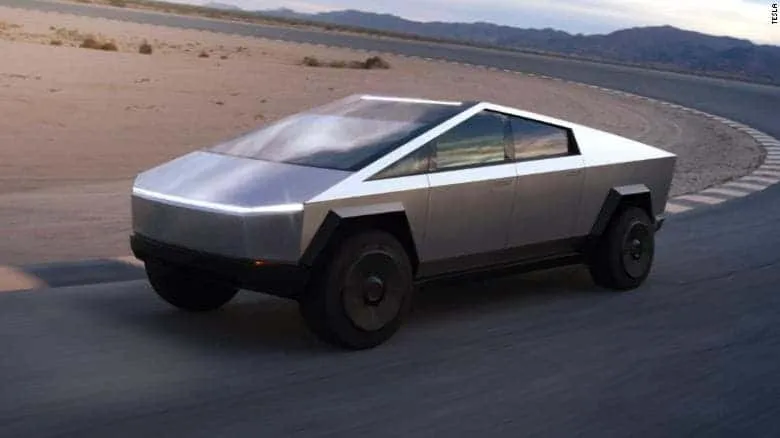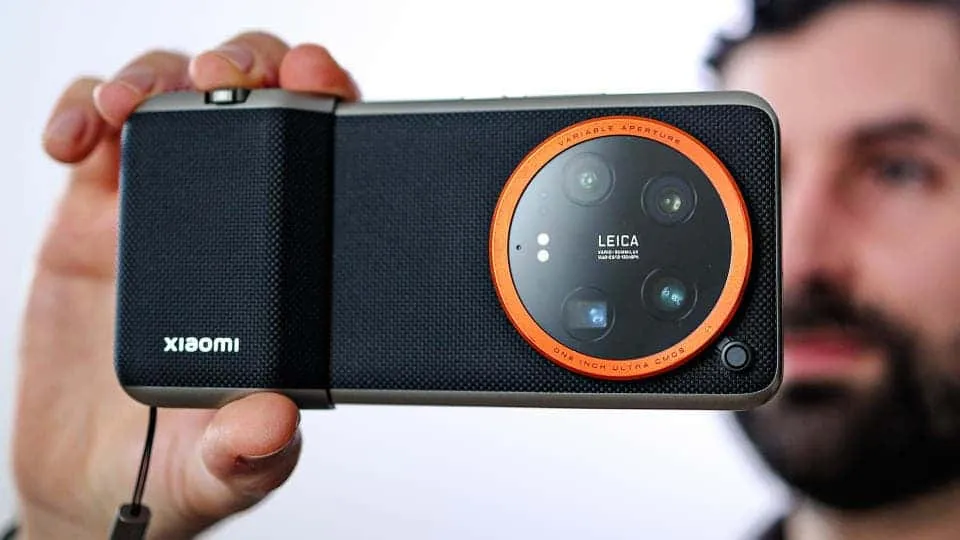Google to change the default font on ChromeOS from Roboto to Google Sans
TechSaturday, 27 April 2024 at 05:14
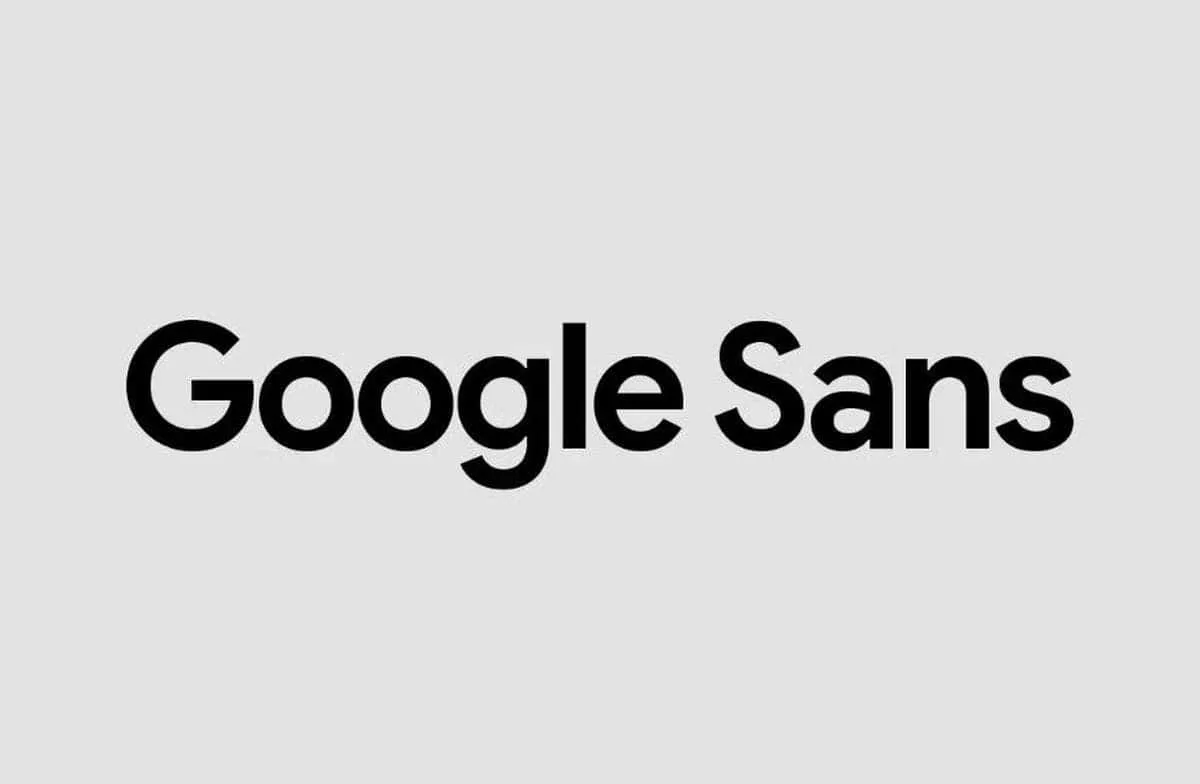
According to recent reports, Google is set to abandon the Roboto font as the default font on ChromeOS and instead adopt the Google Sans font. This change is primarily driven by Google's desire to align the UI elements of ChromeOS with its Material 3 design language. Material 3 is the latest iteration of Google's design system, and the company has been gradually implementing its various elements across its products, including ChromeOS. The move to the Google Sans font is seen as a natural progression in this effort to create a more cohesive and visually consistent user experience.

Changing the Default Font Setting
In the past, ChromeOS users were able to change the default font from Roboto to other options. However, this setting was later removed by Google. Currently, the only way to change the default font is through the system's built-in Chrome browser, while other parts of the operating system remain locked to the Roboto font.
Potential Challenges with Google Sans
While the industry is generally positive about the switch to Google Sans, there are some concerns raised by developers. They suggest that the new font may not be suitable for all the interfaces and elements within ChromeOS. This is because it may not support certain glyphs or may not be available on all devices. There are also concerns that it may not support devices running ChromeOS Flex.

The new font is expected to arrive in ChromeOS version 126. The scheduled release for this new system is June 2024. This update will likely bring the new font to a wider range of ChromeOS users. In addition, it will further solidify Google's commitment to its Material 3 design language.
Conclusion
The transition from Roboto to Sans on ChromeOS is a strategic move by Google. The company hopes to create a more cohesive and visually appealing user experience. This will align with Google's Material 3 design principles. There are some potential challenges to be addressed, no doubt. However, the industry is generally optimistic about the change and the continued evolution of ChromeOS.
Loading
